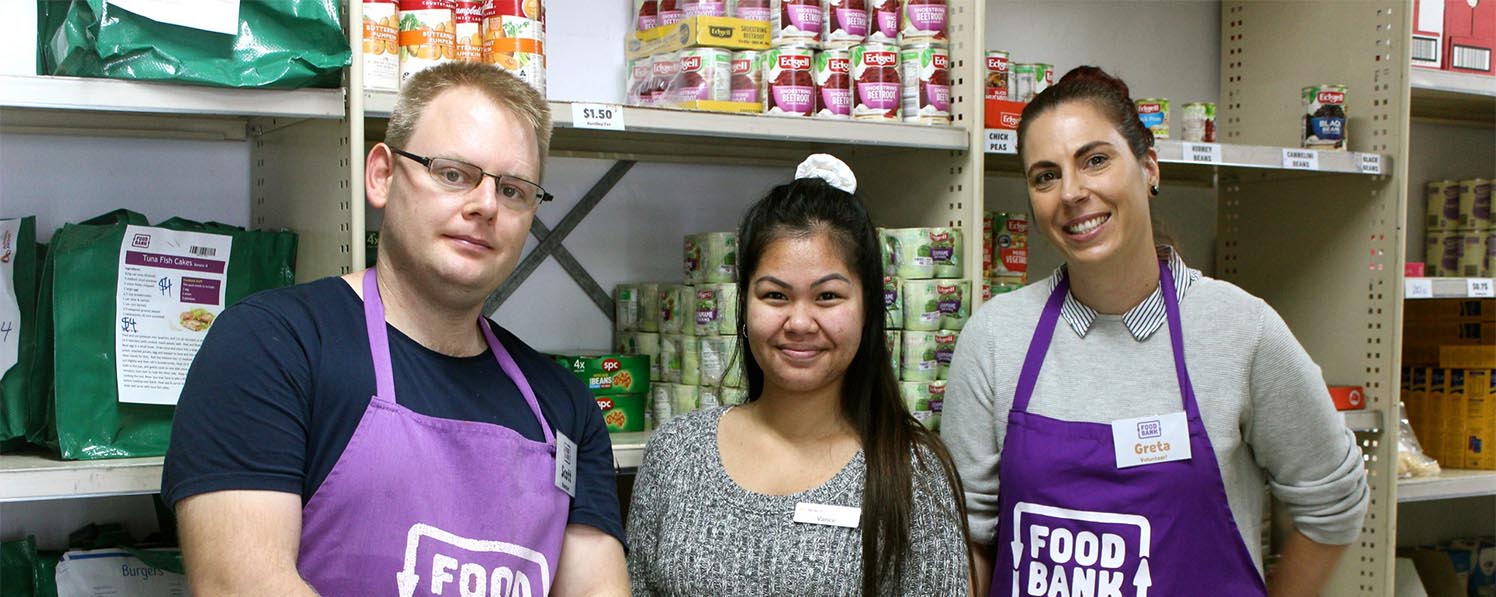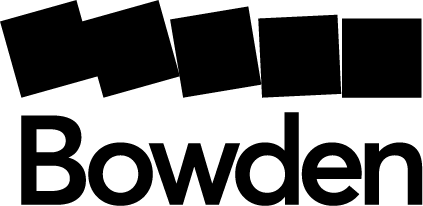News
Bowden Food Hub turns seven amid its biggest year yet
1 Jun 2020

The first Food Hub to be opened by Foodbank SA in the state has not only reached a seven-year milestone but also found itself in the midst of an unprecedented food crisis, compelling staff and volunteers to utilise every single resource in order to meet the growing demands of a community deeply impacted by COVID-19.
“People who have never experienced food insecurity before or had to navigate the welfare sector are now coming to us for help,” says Greg Pattinson, CEO of Foodbank SA.
“We’ve seen a 30% increase in the demand for food relief across all of our Food Hubs in South Australia and a 35% increase at the Bowden Food Hub, specifically.”
UnitingCare Wesley Bowden (UCWB), who refers people from its emergency assistance program to the Bowden Food Hub, has experienced first-hand the shift in clientele and the additional demand for emergency food relief.
“We are referring a lot of international students and people who are suddenly out of a job because of COVID-19, as well as recently-arrived migrants who haven’t qualified for any financial support during this time and families newly impacted by financial hardship as a result of the pandemic,” says Fiona Kelly, Chief Executive of UCWB.
“We are doing everything we can to support this emerging cohort and are delighted to continue our partnership with Foodbank SA to achieve this.”
The Food Hub in Bowden is currently the most utilised of all of Foodbank SA’s six Food Hubs and is on track to distribute more than 260,000kg of food supplies by the end of this financial year. That equates to more than 520,000 meals, many of which will have gone to children.
To access the Food Hub service, clients must first be referred by a partnering welfare agency such as UCWB.
This Food Hub partnership model, which commenced with UCWB in 2013, has been an extremely successful part of Foodbank SA’s food relief effort because of its simple and dignified approach to affordable shopping for those experiencing food insecurity.
“People who are in need and who live in our catchment area can come to us via our Open Door program and if they are eligible for food relief, we can equip them with food vouchers to redeem at the Bowden Food Hub,” Fiona says.
“A $30 voucher will provide around $180 worth of essential food, which can make a significant difference to the health and wellbeing of a family in crisis.”
Each Foodbank SA Food Hub is set up to resemble a general store, offering South Australians in financial hardship with access to healthy food options, affordable recipe packs and ready-made meals.
Fruit and vegetables are free, and all other items – including bread, pantry foods, dairy, meat, frozen foods, personal hygiene products and household cleaning products – are available at a low cost.
The food comes from the generous donations of individuals, supermarkets, wholesalers, manufacturers, growers and farmers, but this year Foodbank SA has spent around $1.6 million on purchasing additional food items to keep up with increasing demand and ensure that communities have access to a balanced mix of foods.
This in itself has not been easy, given the shortage of staple items due to panic-buying and stockpiling among the wider community during the pandemic.
“We’ve had to deal with a number of challenges this year in addition to the exponential increase in food demand,” Greg says.
“Unfortunately we’ve lost a number of our regular Food Hub volunteers as a result of COVID-19, as they themselves are among the most vulnerable in our community.
“This has forced us to recruit a temporary volunteer workforce who can step into the breach quickly.
“We’ve also been working at capacity to support those in the regions who are still reeling from the impact of our recent, catastrophic bush fires.
“To say it’s been a big year is probably an understatement, but we are as committed as ever to addressing each new challenge with courage, innovation and adaptability.”
In order to respond to the needs of this changed world, Foodbank SA has developed a home hamper delivery service to ensure that food relief reaches those families in self-isolation.
Staff have also had to adjust their daily practices to continue operating safely in a pandemic environment, which has meant greeting clients outside the Food Hubs, limiting the number of people inside each Food Hub at any one time, and cleaning all trolleys and facilities after each single use.
Foodbank SA will also shortly open a new Food Hub in Murray Bridge, which will complement the existing Food Hubs in Bowden, Edwardstown, Elizabeth, Christies Beach, Whyalla and Mount Gambier, as well as the Mobile Food Hub which services Adelaide’s outer suburbs.
“Whatever hurdles spring up along the way, we just keep our eye on the prize, which is working with our partners to end hunger in our state,” says Greg.
Foodbank SA is currently the largest food relief organisation in South Australia, supporting more than 126,000 South Australians every month and distributing more than three million kilograms of food (six million meals) to those in need across the state.
Foodbank relies on close collaborative partnerships with organisations such as UCWB to deliver food and goods through the Hubs.
Those who wish to help Foodbank SA and its network of Food Hubs are invited to donate funds at www.foodbanksa.org.au/donate so that the right mix of food can be purchased to supplement existing donations.
“Foodbank SA can turn a $1 donation into $6 worth of food—that means that a $100 donation will put $600 worth of food on the table for a family in hardship right now,” Greg says.
Community members wishing to donate food items directly to the Bowden Food Hub specifically are welcome to drop off non-perishable pantry items—namely long-life milk, pasta, pasta sauce, tinned tuna, rice, coffee, tea, canned fruit and vegetables, sugar, toothpaste and soap— at 77 Gibson Street, Bowden between 9.00am-4.00pm, Monday to Friday.
Fellow hunger fighters can follow Foodbank SA on Facebook, Instagram and Twitter.

